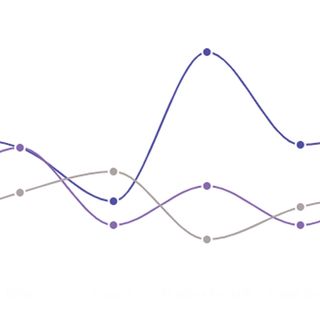‘Don’t say anything — it’s better not to say anything.’ ‘It’s not worth telling them what you really think.’
Self-silencing — the act of suppressing self-expression — within intimate relationships is a very common phenomenon, among both men and women. The aim of the practice is to avoid conflict and/or preserve a relationship. But for women, stifling their true thoughts is associated with multiple mental health risks; most recently, a new study has linked self-silencing in women to physical health risks, too, namely: risk of stroke. The study hasn’t been published yet but the findings were presented on Thursday at the North American Menopause Society Annual Meeting in Chicago.
A new study by researchers at the University of Pittsburgh, U.S., has linked self-silencing to greater plaque buildup in the arteries of the heart and brain, which could lead to a stroke and other cardiovascular problems. They reached this conclusion in a study of 304 peri- and post-menopausal, non-smoking women, and found the association held even after researchers controlled for socioeconomic status, depression and other cardiovascular disease risk factors. In the study, women self-reported on a range of self-silencing behaviors, including how often they expressed their anger or prioritized someone else’s needs ahead of their own, and underwent sonography to measure plaque buildup.
Related on The Swaddle:
“Studies like this one are valuable as they highlight the importance of understanding how a woman’s emotional disposition can affect her physical health,” Dr. Stephanie Faubion, the medical director of The North American Menopause Society, at whose annual meeting the study results were presented, said in a statement. “These results should encourage healthcare providers to take into consideration socio-emotional factors when outlining a preventive care plan for their patients.”
Inhibiting one’s self-expression has been linked to a host of mental health conditions for women, though not men, from depression and anxiety, to low self-esteem, perfectionism, and eating disorders. Some experts suggest the gendered, disempowering effects of self-silencing on women help explain why some of these conditions are so much more common in women than in men.
All of this adds up to evidence that stereotypical gender roles cause both mental and physical harm to women. Conditioned to self-silence and encouraged to consider self-inhibition essential to being a polite, proper woman — women are often active participants in damaging their own health. It suggests that perhaps the most helpful form of self-care they can take is to simply speak out.




